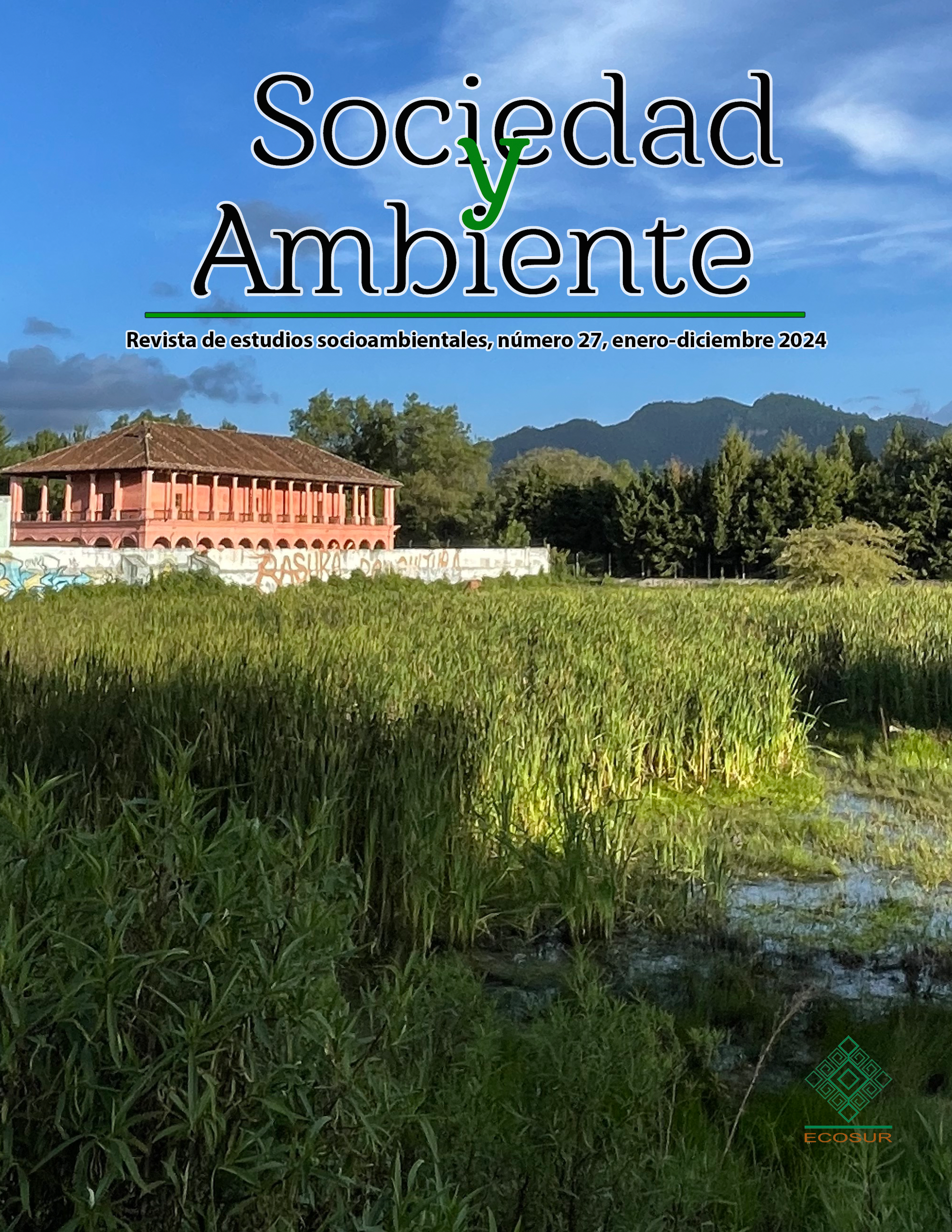Abstract
Chiapas is a Mexican state that is highly vulnerable to climate change, mainly due to its location in the intertropical zone and socioeconomic conditions. Our objective in this research was to identify the barriers and potentialities of agricultural producers in the Meseta Comiteca Tojolabal region that affect the estimation of their capacity to adapt to climate change. We applied 108 questionnaires to predominantly agricultural, livestock, or forestry producers, and we conducted ten interviews with public officials and agricultural extensionists in each municipality of the region. Through qualitative analysis, each producer was categorized based on the typology of agricultural producers in the context of climate change, and we evaluated 16 indicators. 85 % of the surveyed producers belong to family producers, 56 % belonging to types 1 to 6, considered subsistence family producers with a higher risk due to sensitivity level and exposure to climate change. Natural resources, land security ownership, and diversification of income sources are potentialities of the surveyed producers, while we identified barriers such as deficiencies in human resources, social capital, institutional capacity, and economic resources.

This work is licensed under a Creative Commons Attribution-NonCommercial-ShareAlike 4.0 International License.
Copyright (c) 2024 The Authors


